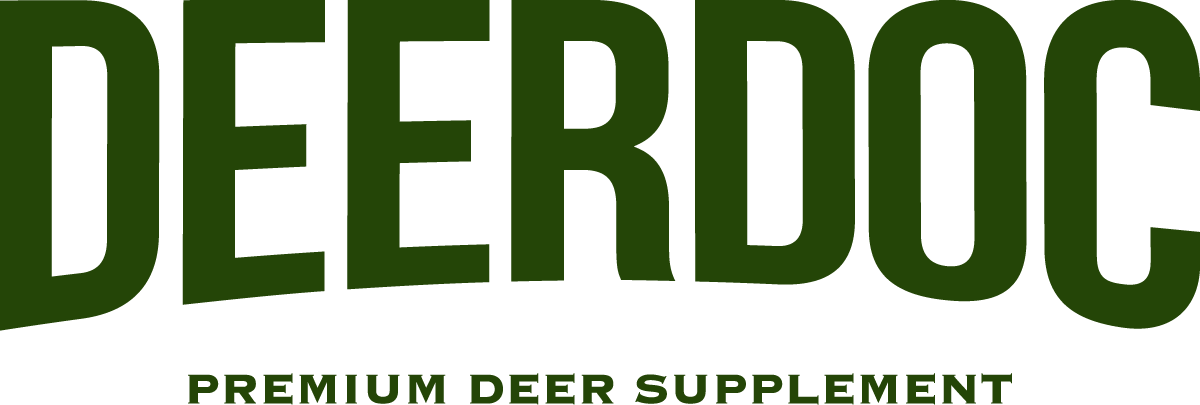In the wild, animals don’t have veterinarians, feed supplements, or treatment schedules. Yet somehow, they’ve survived and thrived for millennia. One reason is an astonishing behavior called zoopharmacognosy — a term that literally means “animal self-medication.”
From elephants to elk, creatures across the globe use plants, minerals, and clays to combat disease, expel parasites, and restore balance. What may look like instinct is, in fact, a finely tuned wisdom — the result of evolution, observation, and survival.
The Science Behind Self-Medication
Zoopharmacognosy was first observed in primates. Researchers noticed chimpanzees eating rough, hairy leaves of the Aspilia plant — not as food, but as a remedy for internal parasites. The leaves’ texture and chemical composition were later found to help expel worms naturally.
Since then, similar behaviors have been documented across species:
- Elephants in Kenya eat certain tree barks to induce labor.
- Parrots in South America consume clay to neutralize toxins in their diet.
- Bears rub crushed Osha root on their fur to repel insects and heal wounds.
- White-tailed deer and elk seek out plants rich in polyphenols and flavonoids when facing heavy parasite loads.
This isn’t random grazing — it’s targeted, functional nutrition. Animals are drawn to specific plants that help them rebalance their health at critical times.
What Are Flavonoids — and Why Do They Matter?
Flavonoids are naturally occurring compounds found in plants, fruits, and herbs. They’re best known for their antioxidant, anti-inflammatory, and antiparasitic properties. In wildlife, access to flavonoid-rich plants often correlates with stronger immune systems, better coat condition, and higher reproductive success.
When deer or livestock consume plants like clover, alfalfa, or certain forbs, they’re not just feeding — they’re dosing themselves with nature’s own biochemistry. These compounds support gut integrity, regulate stress response, and assist in detoxification processes.
In other words, flavonoids are the building blocks of resilience.
Supporting Natural Instincts in Managed Herds
In captivity or managed environments, animals lose much of their natural foraging diversity. Pens, pastures, and feed programs simplify diets for efficiency — but sometimes at the cost of biological nuance.
That’s where the philosophy behind DeerDoc comes in: to help managed herds access the same beneficial compounds they’d find in the wild.
Products like DeerFlavin provide concentrated flavonoid support in liquid form, easily mixed into feed. Meanwhile, flavonoid-enriched alfalfa pellets offer a natural dietary source that mirrors the plants deer instinctively seek when parasite pressure is high.
The goal isn’t to replace nature — it’s to reinforce it.
Reconnecting Health to Instinct
Zoopharmacognosy challenges us to rethink animal health. Instead of seeing nutrition and medicine as separate, it shows how closely the two are intertwined. Every bite of a leaf, every choice of a mineral lick, can serve a therapeutic purpose.
By recognizing these patterns and providing the right options, we can support herds in ways that align with their innate intelligence. It’s not about forcing health — it’s about creating the conditions for it to happen naturally.
The Takeaway
Animals are smarter than we often give them credit for. They’ve been managing their health long before we started measuring feed ratios or drawing blood samples. The more we learn about zoopharmacognosy, the clearer it becomes: nature’s pharmacy is vast, complex, and remarkably precise.
At DeerDoc, we believe in working with that natural wisdom — offering practical, science-backed tools that help animals do what they already know best: stay healthy.
Explore flavonoid-rich supplements and feeding options at DeerDoc.net.







